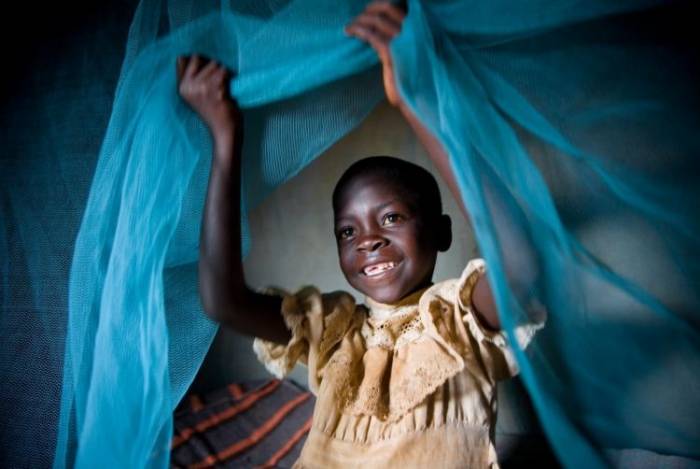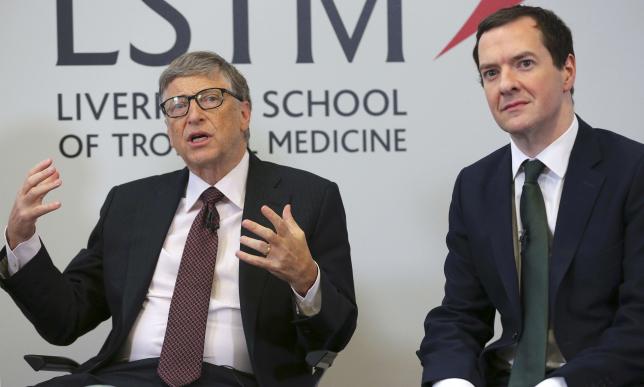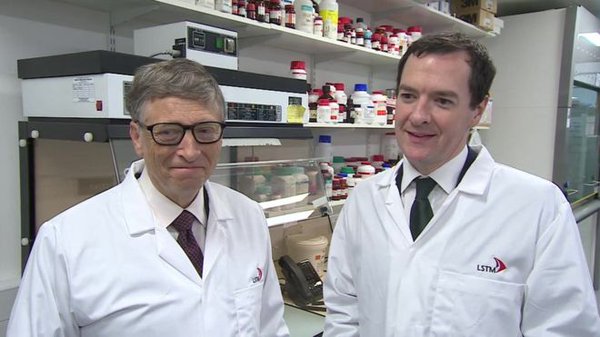
source
The British government has joined forces with billionaire Bill Gates to fight malaria. Together, they have pledged a total of 3bn pounds, which is about $4.3bn.
Making the world safer
Britain’s finance minister George Osborne and Gates had a joint article in the Times explaining their decision.
“We both believe that a malaria-free world has to be one of the highest global health priorities,” they said.
The pair noted that there are 200 million malaria cases annually and the effects are devastating. In 2015 alone, 438,000 people died from the disease. The majority of the casualties were children under the age of five living in Africa.
“In the poorest places, malaria is both a cause and a consequence of poverty. It costs Africa billions of pounds a year in lost productivity and can account for 40% of public health expenditure.”
The number of malaria-related deaths has already been falling – it nearly halved between 2000 and 2015. If private companies, governments, and charities work together then the two “are optimistic that in our lifetimes we can eradicate malaria and other deadly tropical diseases, and confront emerging threats, making the world a safer place for all.”

Leading the fight
Osborne said that the spending on Britain’s end will be funded through the nation’s overseas aid budget. The country has pledged to spend $700 annually for five years. The Bill & Melinda Gates Foundation has pledged to allocate $200 million per year. Some of the funding will be used for scientific research within Britain. Even though a lot of progress has been made in the last 15 years, there has been growing resistance to malaria drugs and insecticide. Osborne and Gates said that if new insecticides are not introduced by 2020, the situation could become even more critical.
“Across the globe over a billion people are infected with malaria and it’s a cause of both untold misery and lost economic potential,” Osborne said. “That’s why, working with Bill Gates, I’m determined that Britain leads the world in the fight against this disease.”

Working for a world without malaria
Gates posted on his blog that malaria is not only treatable but curable. His team has a strategy with three aspects: Complete Detection, Complete Cure, and Complete Prevention. Health officials need to find the people with the disease, completely remove it from their body, and develop vaccines that stop transmission of the disease. By combining the right medicines with tools that detect and track the disease, Gates hopes to wipe it out completely.
“I believe it’s not only possible to eradicate malaria; I believe it’s necessary,” he said.
He pointed out that four countries have already managed to get rid of the disease since 2000 and another two dozen have the potential to do the same in the next decade.
“Ultimately, the cost of controlling it endlessly is not sustainable. The only way to stop this disease is to end it forever.”

SEE ALSO: New Research Shows That Malaria In Africa Cases Were Cut In Half Since 2000.







